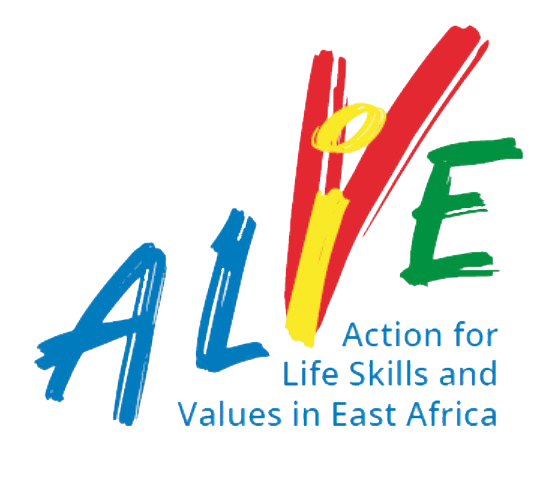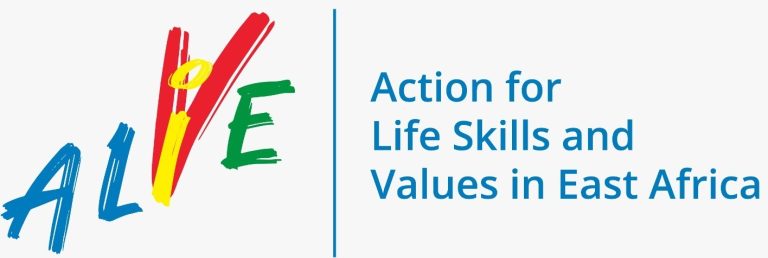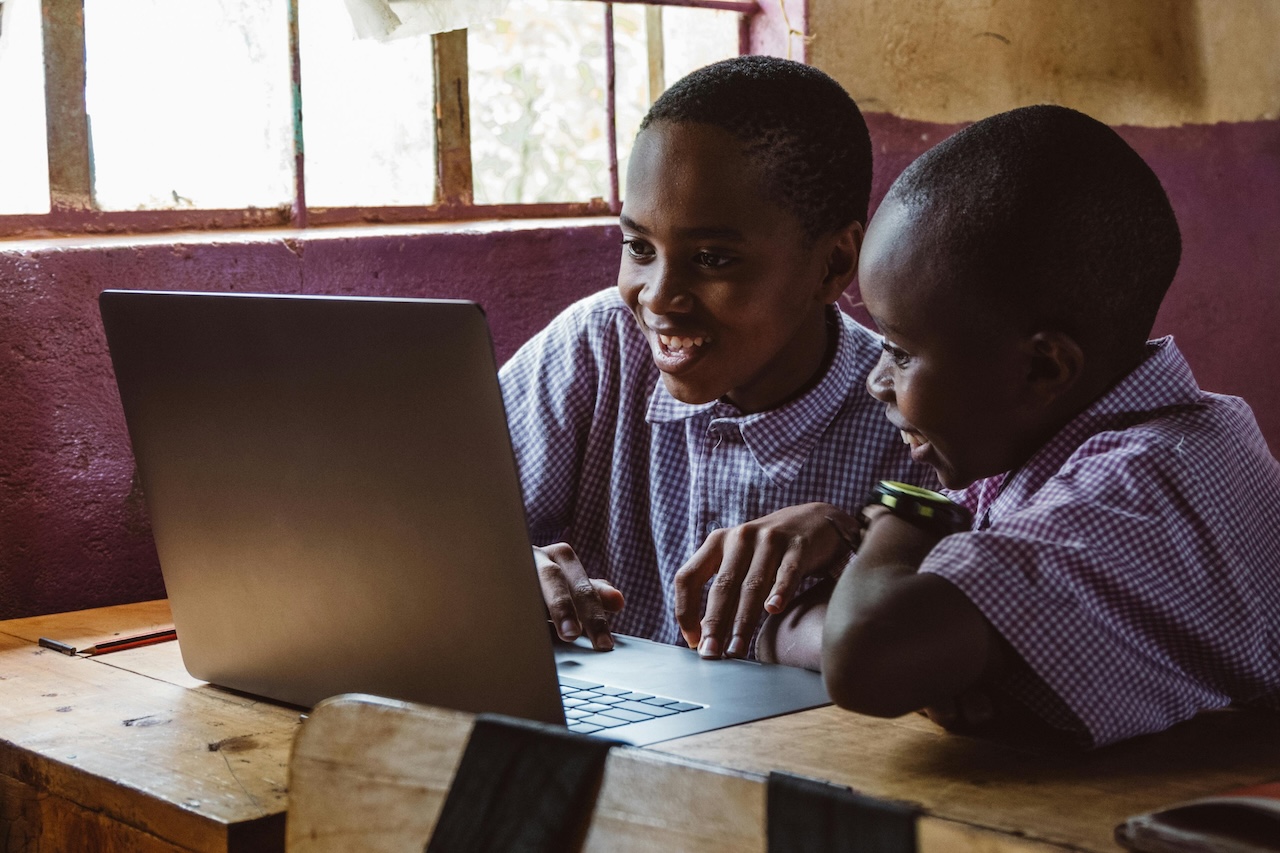More than 15,000 delegates gathered in Mombasa for the annual Kenya Primary School Headteachers Association (KEPSHA) conference 2024 under the theme, “Transformative Leadership in the Digital Transition, for Inclusive and Sustainable Quality Basic Education in Kenya.” The conference, which also doubled as the KEPSHA Annual General Meeting, was officially opened by the Chief of Staff and Head of Public Service in Kenya, Mr. Felix Koskei. Highlights from key speakers are presented below:
Mr. Felix Koskei, Chief of Staff and Head of Public Service in Kenya
There is value in utilising digital technology in order to improve learning and in the advancement of school leadership and management. Additionally, there is need for collective responsibility in ensuring that the digital transition does not erode learners’ values.
“Global digital transformation has redefined how we learn, how we teach and how we lead. We urge all teachers to make digital literacy an integral part of every learner’s journey, equipping them with the skills to become suitable digital citizens and innovators of the future.
Technology is the way to go because it supports both delivery and assessment of our curriculum. The assessments in teacher training colleges will all go digital both in administration and marking. We look forward to leveraging technology in similar ways in our schools too. I thank you teachers for taking charge of the 2024 Kenya Primary School Education Assessment (KPSEA), which concluded without challenges. I am happy that we did not need police officers to man assessment centres with guns as had been the case before. This is a huge relief because assessment should be done in a cheerful and relaxed atmosphere.”
Dr. Belio Kipsang, Principal Secretary for Basic Education
The leaders reiterated the need for deliberate integration of values and life skills in education, to help develop a whole learner who will be ready for opportunities and challenges of the 21st century.
“Primary school education is not merely a phase, it is a critical level where we embed essential values, cultivate skills and instil competencies upon which students rely for their journeys in life. We appreciate that education is a sum of intelligence and character. Allow me to share wisdom from an old man who taught me never to hire for competencies alone but to always hire for character. This is because, you can train people to acquire skills, but you cannot teach them to become who they are not – in character.”
Mr. Johnson Nzioka, KEPSHA National Chairman
Headteachers were urged to embrace technology as a vehicle to effectively navigate the complexities of modern leadership. The government was also called to employ more teachers who would share in the growing workload of the progressing competency-based curriculum.
“We are not just gathered to celebrate our achievements but also to launch a new chapter in our story, a chapter defined by a revitalized identity, renewed commitment and a bold vision for the future of primary and junior school leadership in Kenya. We can only look into the future with purpose, passion and professionalism. A future where every child in Kenya can access quality education and where every school headteacher is empowered to lead with excellence.”
Dr. John Mugo, Executive Director of Zizi Afrique Foundation and Principal Investigator of ALiVE
Zizi Afrique Foundation’s digital journey and the power of technology as a tool for transformative change. Of note, Zizi Afrique led many tech-based initiatives even during the COVID-19 pandemic, to foster household learning in marginalized communities. This and many other initiatives demonstrated technology’s power to expand access to educational information and interaction across communities.
Zizi Afrique thrives on continued partnerships with the ministries of education, teachers, parents, and other education stakeholders. With a special mention of long-time partner KEPSHA, one of the sponsors of this KESPHA conference 2024.
“We must use technology to enhance the learning experience. Previously, teachers spent a quarter of the lesson time drawing on and rubbing the chalkboard. Today, simple concepts in science or math can be illustrated using videos and virtual reality. This is the way to improve learning outcomes, especially for those facing learning difficulty and with special needs. We do not work to create parallel solutions to government. We have adopted systems change, supporting the public education system to improve so that it works for all children.
In Bungoma County for instance, we distributed tablets loaded with content for parents to get involved in their children’s learning. We also had radio and short message service (SMS) technology for learning and continuity. We had tailored messages to create awareness amongst parents, while raising questions on how best they would support their children to learn even at the household level.”
Ms. Virginia Ngindiru, the Director of Innovations and Practice at Zizi Afrique Foundation
As part of a panel discussion, “Unlocking the Prospects for Enhancing Parental and Community Engagement in Schools by Addressing the Digital Divide”, Ms. Virginia Ngindiru called for parental engagement in the desired value-based education. Parents are key actors in foundational learning. They are the custodians of values and are partners in promoting inclusion of children living with disability and they support the identification and nurturing of talents for holistic learning. They must be engaged.
Ms. Nyambura Thiong’o, RELI Kenya Country Coordinator
Representing Ms. Margaret Wawira, the C.E.O of RELI Africa, highlighted a key challenge – limited access to requisite infrastructure further compounds marginalization among learners furthest behind. Access to devices, accessories, electricity, and storage facilities, often present prohibitive costs. Data privacy and security, weak policies, and resourcing gaps for digital technology inclusion are among the challenges that complicate the use of technology in education.
In Closing
At the end of the ceremony, Mr. Koskei urged teachers to commit to a functional, resilient, and thriving education system. He also called on headteachers to be prudent and accountable as they handle school funds and resources. In the current financial year, the government allocated 627 billion shillings for the education sector.
The weeklong conference closing ceremony was presided over by Cabinet Secretary for Education, Hon. Migos Ogamba.
BY RAY POLO



